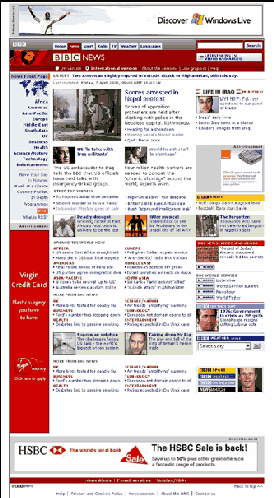Not a good week for UK pirates #1.
OiNK has been pulled down and its owner, 24 yr old Ian Ellis charged by UK and Dutch police.
Ian’s argument from the Telegraph:
The website is very different from how the police are making it out to be. There is no music sold on the site – I am doing nothing wrong.
When I set up the site I didn’t think I was doing anything illegal and I still don’t. There are 180,000 users and there has been an outcry about what has happened to me.
People who download music also buy CDs as well. A lot of people download music on the internet to get a taste of it and then later buy the CD.
But I don’t sell music to people, I just direct them to it. If somebody wants to illegally download music they are going to do it whether my site is there or not.
If this goes to court it is going to set a huge precedent. It will change the internet as we know it.
As far as I am aware no-one in Britain has ever been taken to court for running a website like mine. My site is no different to something like Google.
If Google directed someone to a site they can illegally download music they are doing the same as what I have been accused of. I am not making any Oink users break the law. people don’t pay to use the site.
The other side, from Jeremy Banks, the head of the antipiracy unit at the International Federation of the Phonographic Industry (IFPI), which helped police with their investigation (CNet)
OiNK was central to the illegal distribution of prerelease music online. This was not a case of friends sharing music for pleasure. This was a worldwide network that got hold of music they did not own the rights to and posted it online.
The most damning evidence surrounds the availability of over 60 albums on the OiNK site weeks before the CD’s were officially released by the record labels.

